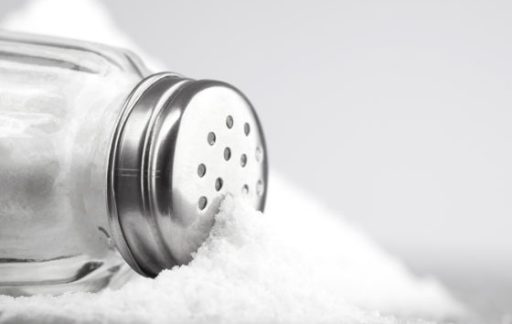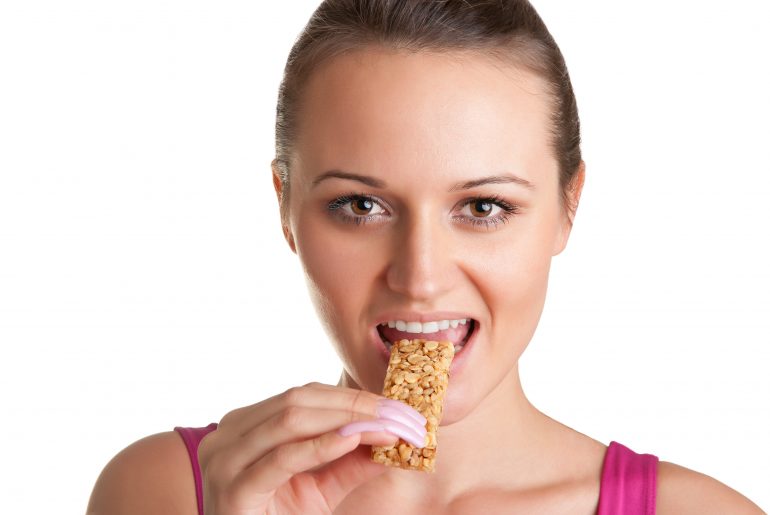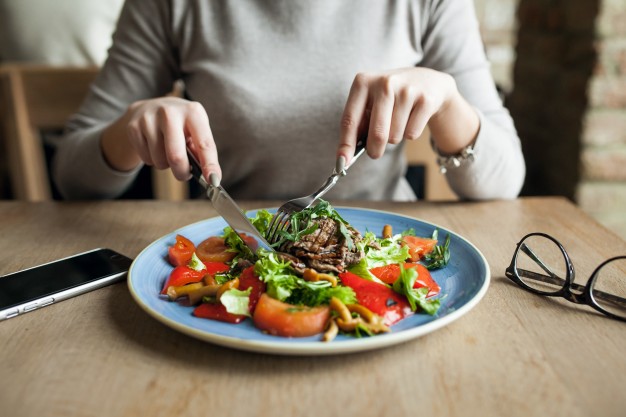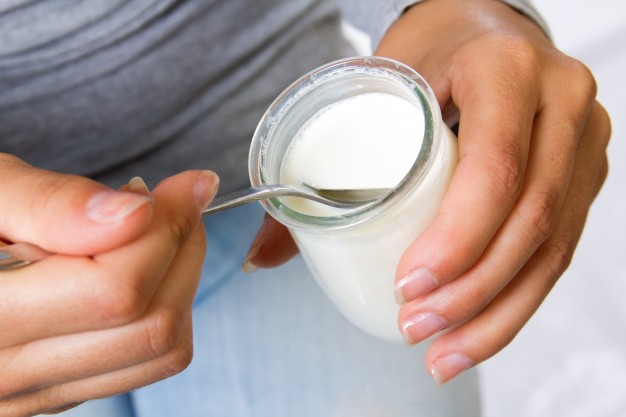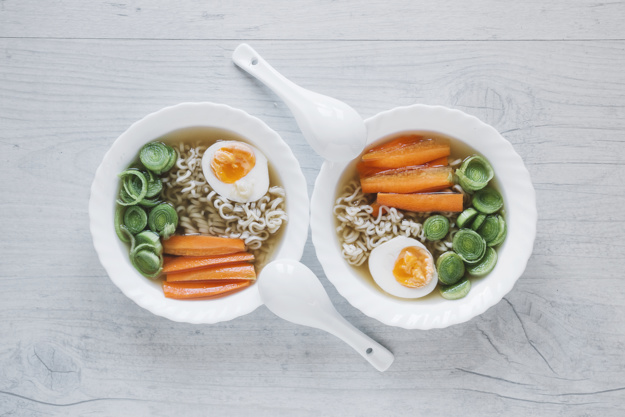Picky eating is usually a phase, and rarely indicates any co-existing condition. But it would be a good idea to check with your paediatrician to see if it isn’t something more serious or chronic like acid reflux or something more insidious. If all’s well, a skipped meal here or there is not the end of the world.

So long as your child is energetic and engaged and is deemed healthy enough by her doctor, this phase in her life can be overcome with no harm done.
However, if her nutrition is being compromised and her growth parameters are being affected, it is best to address the issue as soon as possible.
Kelli Dorfman in her seminal book, What’s Eating Your Child? , introduces a technique that she has tried on hundreds of her own patients. I thought I could reproduce the same for you in these pages. It’s a simple method which encourages experimentation and helps to widen your child’s palate at a more gentle pace. Called the E.A.T method, she urges you to:
ELIMINATE
First, start of by eliminating a list of foods that your child is rejecting or even foods that have no nutritive value like sugary or processed foods. This could be anything from roti to rice to potatoes to peas to packaged snacks. While it sounds counterintuitive, maybe the reason some of these foods are given the thumbs down by your child is because it doesn’t genuinely suit her. By eliminating foods that she fusses over, you set the stage to:
ADD
Once all rejected foods have been eliminated, you will now have to inform your child that you will be adding one new food every two weeks. This could be the same potatoes or peas, but one food at a time.
This is done to investigate the cause of the pickiness or any sort of physiological reaction to the food. While you can anticipate tears or, better yet, tantrums… you can mitigate any adverse reaction by telling them that all they have to do is:
TRY
All they have to do is try. Just one bite. One bite of the new food for the next two weeks. They don’t have to like it, but they do have just try one bite of the same food daily just for a fortnight.


